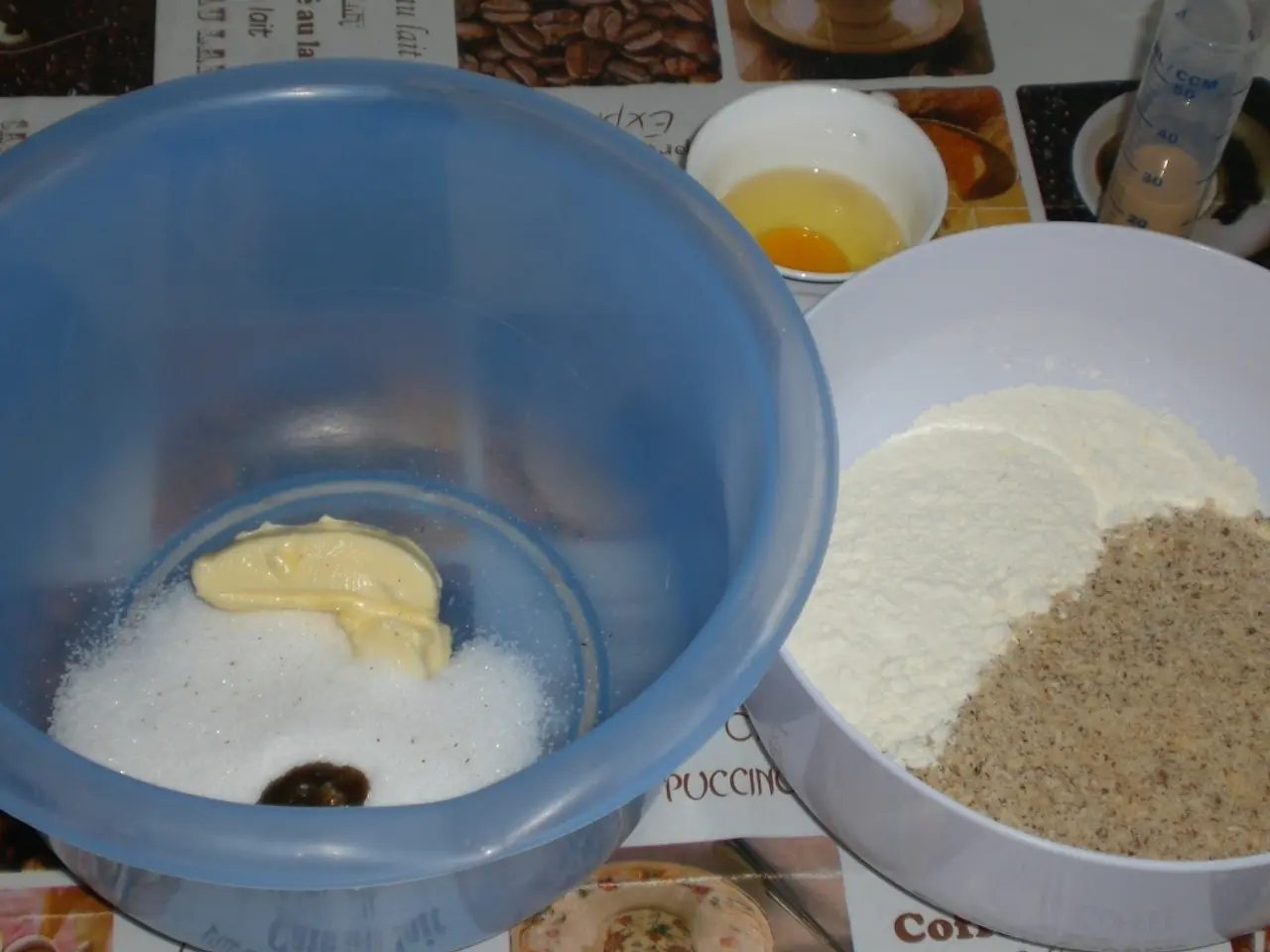Varieties of Constipation: Symptoms and Remedies
Secondary constipation, a common digestive issue, is caused by underlying medical conditions, medications, or other external factors. Unlike primary constipation, which has no clear cause, secondary constipation can be traced back to various sources.
One of the most common causes of secondary constipation is the use of certain medications. Drugs that slow intestinal motility, such as opioids, antidepressants, non-steroidal anti-inflammatory drugs (NSAIDs), iron supplements, and even some laxatives when overused, can contribute to constipation by reducing bowel responsiveness over time.
Other causes include medical conditions and anatomical issues that physically obstruct or impair bowel movements. Conditions like anal fissures, hemorrhoids, and rectocele can cause constipation due to their physical impact on the rectum and anus.
Lifestyle factors also play a significant role in the development of secondary constipation. A low dietary fiber intake, inadequate fluid intake, prolonged sitting, and ignoring the natural urge to defecate can exacerbate constipation by causing harder, dryer stools and slower colonic transit.
Neuromuscular or structural bowel disorders can also lead to constipation. While more commonly discussed in animals, similar mechanisms apply in humans where neuromuscular dysfunction or dilatation of the colon (megacolon) can cause severe constipation, including obstipation (inability to pass stool).
For people experiencing secondary constipation, treatment begins with identifying and addressing the underlying cause. Lifestyle changes, such as increasing physical activity and fiber intake, can help prevent constipation from worsening while doctors treat the primary cause.
People with certain conditions, such as irritable bowel syndrome (IBS), may find relief through dietary changes like low gluten diets or low FODMAP diets. For those with outlet constipation, caused by damage to the pelvic floor muscles, targeted physical therapy or biofeedback therapy may be necessary to strengthen the pelvic floor muscles.
It's important to note that anyone experiencing severe or persistent constipation, constipation that does not respond to at-home treatment, an inability to have a bowel movement without taking laxatives, or additional symptoms such as severe stomach pain, bloody stools, or painful bowel movements should seek medical attention.
In conclusion, understanding the causes of secondary constipation is crucial in its management. By addressing the underlying causes and making necessary lifestyle changes, it is possible to alleviate the symptoms and improve overall digestive health.
- Certain therapies and treatments, such as pelvic floor physical therapy or biofeedback therapy, may be beneficial for people with outlet constipation caused by damaged pelvic floor muscles.
- Prolonged sitting, ignoring the natural urge to defecate, and a low dietary fiber intake can exacerbate secondary constipation due to causing harder, drier stools and slower colonic transit.
- Medical conditions, like chronic diseases such as irritable bowel syndrome (IBS) or anatomical issues that physically obstruct or impair bowel movements, can also lead to secondary constipation.
- Science has identified neuromuscular or structural bowel disorders as potential causes of constipation in both humans and animals, with severe cases resulting in obstipation (inability to pass stool).
- For individuals experiencing severe or persistent constipation, it is important to seek medical attention to ensure proper diagnosis and treatment, particularly if symptoms such as severe stomach pain, bloody stools, or painful bowel movements occur.
- Lifestyle changes, such as increasing physical activity, fiber intake, and maintaining adequate fluid intake, can help prevent secondary constipation from worsening while doctors address the primary cause.
- Secondary constipation can sometimes be traced back to medications, including opioids, antidepressants, non-steroidal anti-inflammatory drugs (NSAIDs), iron supplements, and even some laxatives when overused, as these drugs can reduce bowel responsiveness over time.




